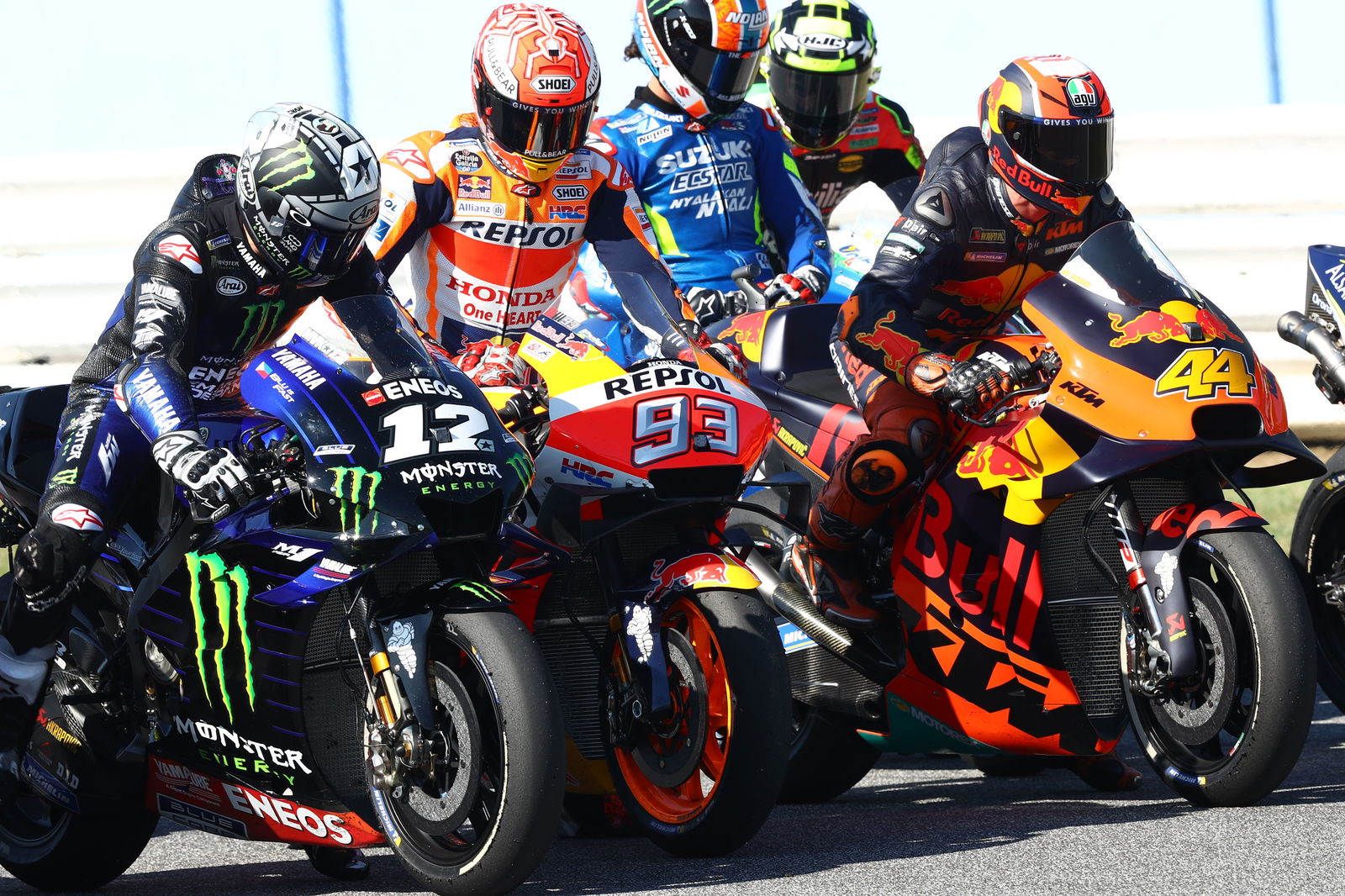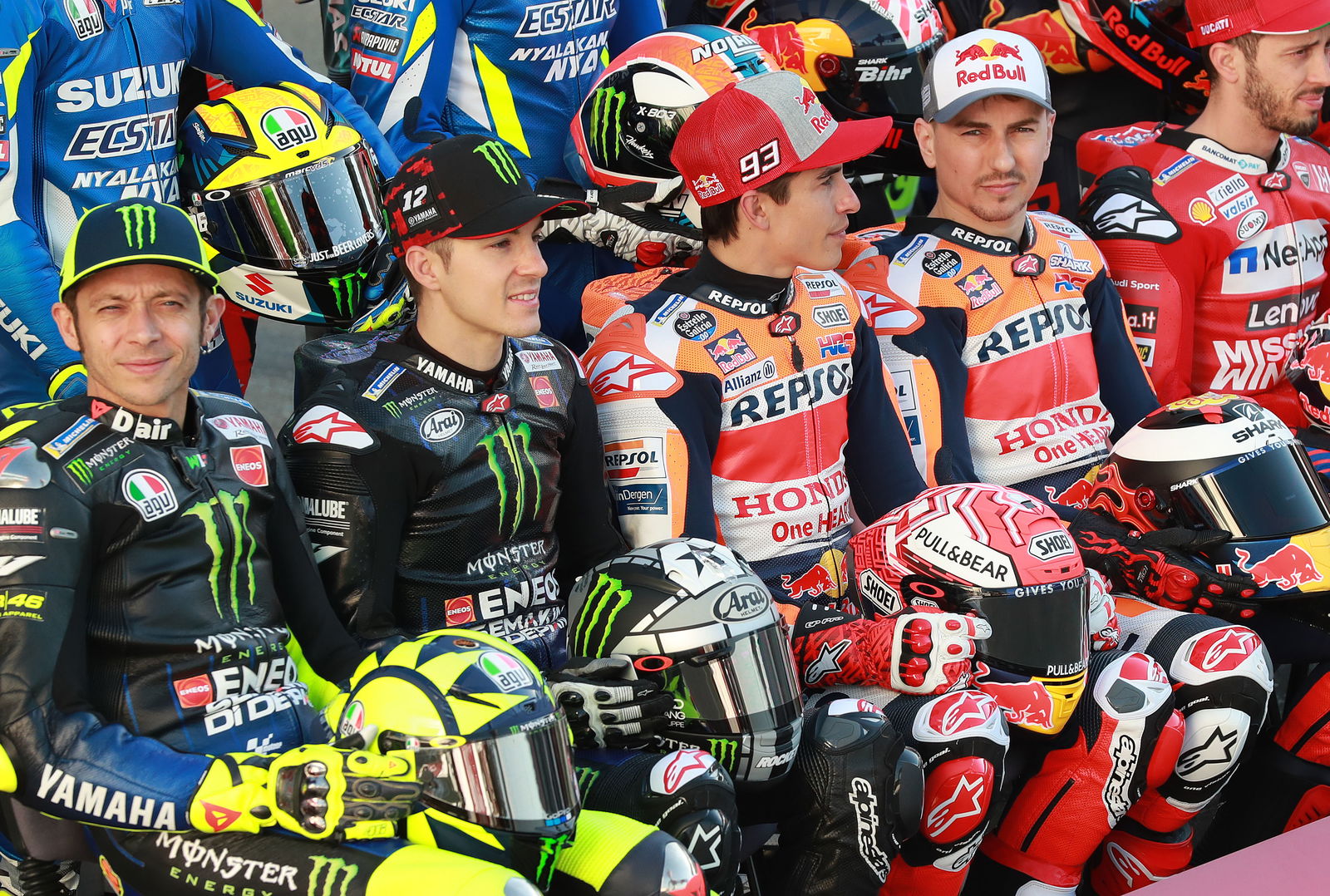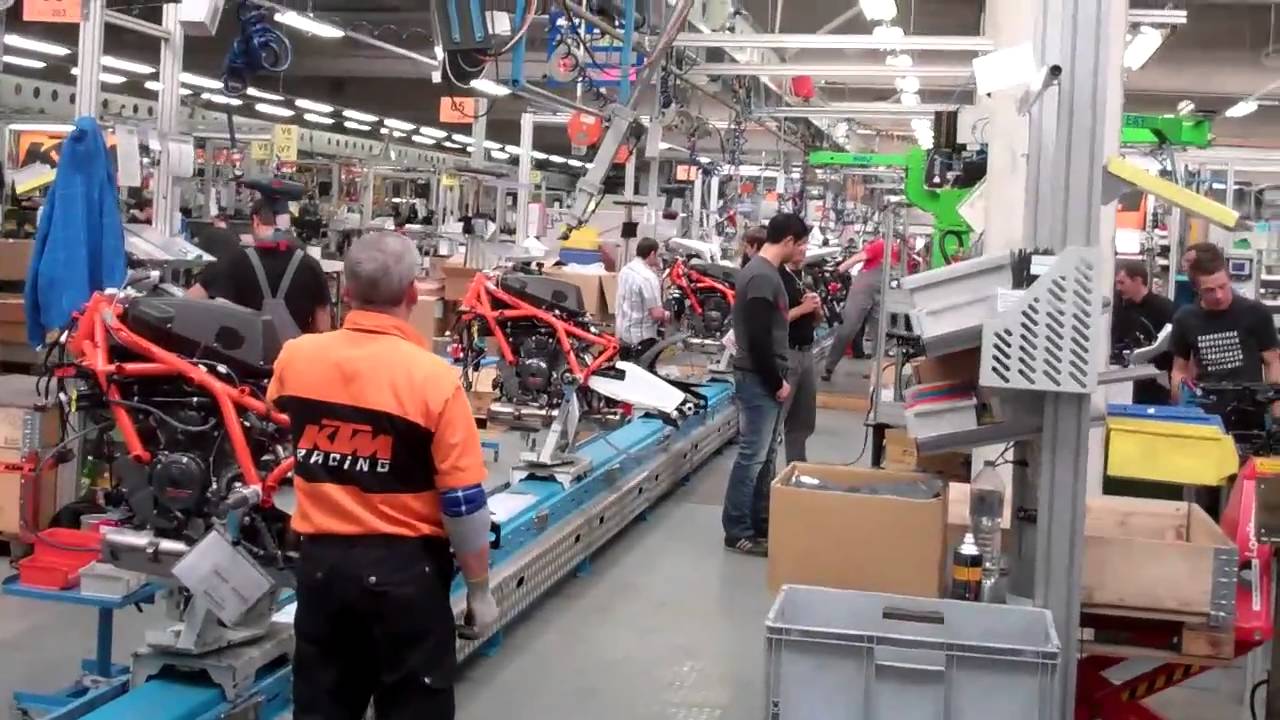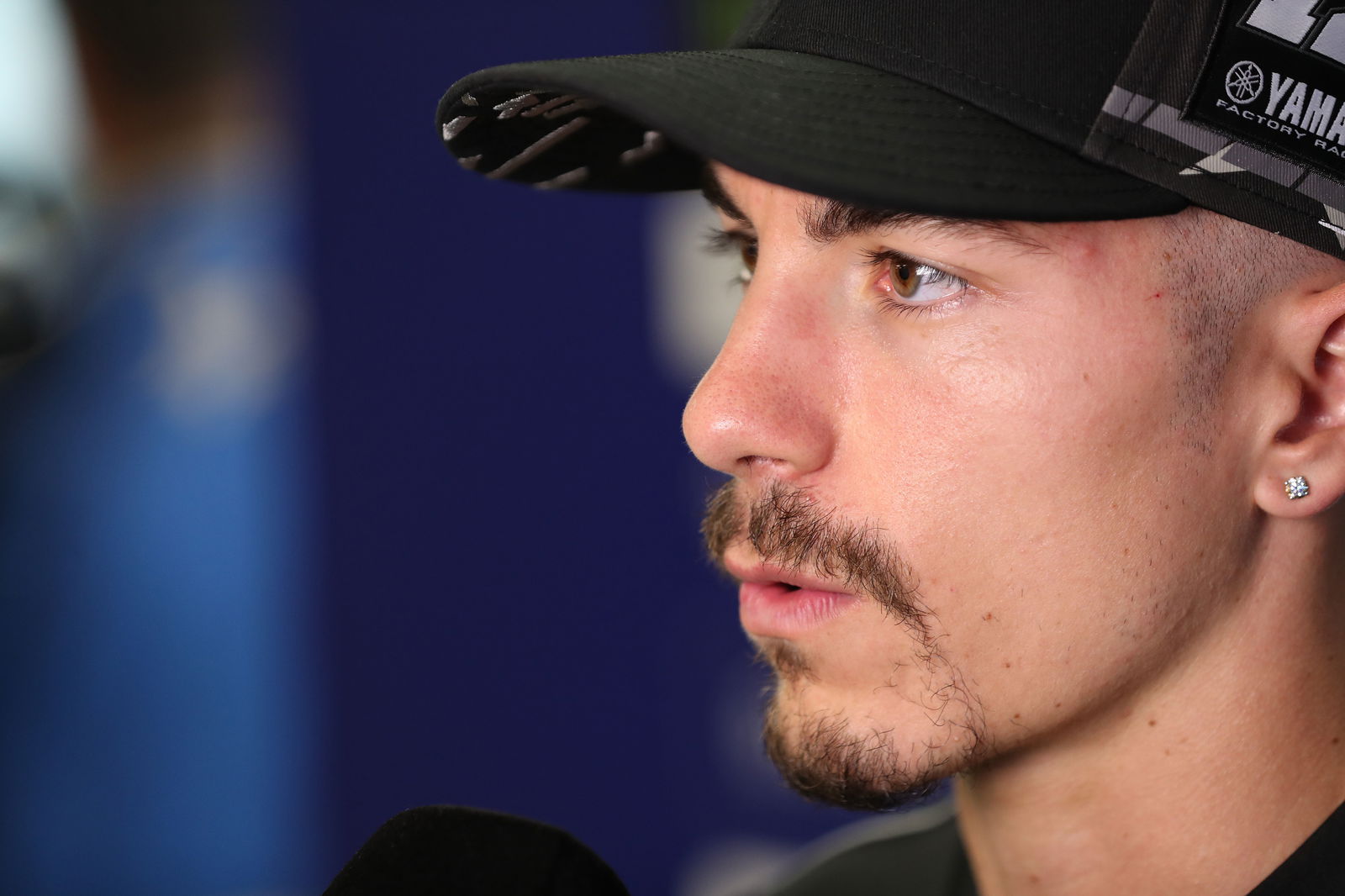Why motorsport's enforced no-show threatens to cause long-term damage
There are concerns the enforced hiatus of motorsport is going to create a contractual headache for teams and force sponsors to re-think strategies
.jpg?width=1600&aspect_ratio=16:9)
The global motorsport community is treading unchartered territory at this moment as the global spread of the coronavirus pandemic continues to enforce a shutdown of daily life in dozens of nations.
While the wider picture certainly makes sport seem almost trivial at this time – a view agreed by many teams, riders and fans – taking an enforced back seat to the clear problems facing the general populous at the moment doesn’t lessen the impact that will be felt across the industry.
Indeed, though there was a general frustration that came with the domino effect of events being cancelled, this seems to have given way to an understanding of the pressures facing everything from the sport we love, to the economy, to of course your neighbours down the road.
However, with one MotoGP round cancelled and three postponed – with more facing threats – plus a rearrangement of the WorldSBK schedule, MXGP, road racing and more, it is likely to raise questions about where everyone stands when it comes to contracts and sponsors.
Motorcycle racing has faced downturns brought on by factors out of its control in the past, perhaps most notably the 2008 financial slowdown that prompted manufacturers to scale back and sponsors to slash marketing budgets.
It’s a concern that is inevitably going to impact motorsport and not just because they won’t get their branding shown on television screens around the world.
Indeed, with the economy now in flux, companies are going to be poring over their figures closely in the coming weeks to determine whether there is enough left to be spendthrift putting their logos on the side of motorcycles.

Should MotoGP race behind closed doors?
For the greater good of the sport, teams may begin to get itchy feet if there is no clear solution to when they can go back racing.
Competing behind closed doors isn’t ideal for anyone. This is a sport to be enjoyed after all and by not putting on a show, the MotoGP et al. risk simply looking as though they are doing it just for financial reasons.
However, there will come a point where some racing is better than no racing, not because the powers that be need to line their coffers, but because sponsors won’t appreciate paying out money for no publicity. At least getting a televised event means there is some value to what they are doing and for many teams their survival will be critical on the backers paying out. By this stage we may take anything we can watch too…
That said, Fausto Gresini, who heads up the Aprilia MotoGP team, thinks even racing behind closed doors wouldn’t provide enough value for his backers, who brings guests and curate promotional activity on the ground around the MotoGP events.
This solution doesn’t work out for venues though, which rely on the ticket sales to cover the costs of hosting an event. If a race took place behind closed doors, it would need to be up to Dorna, FIM and potentially governments to step in to make it worth their while too.

Will the MotoGP riders get paid?
One interesting point raised is where teams stand on paying their riders if they aren’t out there competing in a full complement of events.
Every contract will be different with various clauses, but would riders be paid for the first four events if they aren’t competing? Honda’s Livio Suppo likens it to a rider being injured – if they aren’t performing, then they won’t be paid.
Clauses related to force majeure are written into contracts, though the wording on each is likely to be different and it’s unlikely anything related to a ‘pandemic’ is probably in there.
Though everyone can see the bigger picture here, there are going to be some frantic negotiations between teams and managers at the moment over what this means for either their clients or sponsors.

What about the wider industry?
Breaking away from motorsport, the industry as a whole is going to be feeling the pinch in March.
We have reported on some buoyant sales in Europe for both January and February, but everyone is bracing for a slowdown in March as the true effects of lockdowns – or at least shifted priorities – become clearer.
Globally, a large portion of motorcycle sales come from China, the origin of the outbreak, and while the motorcycle industry hasn’t revealed any figures for that part of the world yet, the airline industry says flights have slumped 85% and the auto industry isn’t faring much better.
Moreover, a number of large brands have factories out there, while simpler things like parts are also manufactured in China.
The motorcycle industry has remained fairly resilient so far with Italian manufacturers largely pushing on with production, though KTM this weekend revealed it will cease production for two weeks – in lieu of a summer shutdown – citing an interruption in those supply chains.
As such, analysts are forecasting sales by the end of the year could be down 20% around the globe already, but even this could be a modest estimate.
Suffice to say, we’re in an unprecedented situation and regardless of whether it affects you personally, the effects will be varying - and potentially long-term – for all.
.jpg?width=1600)






